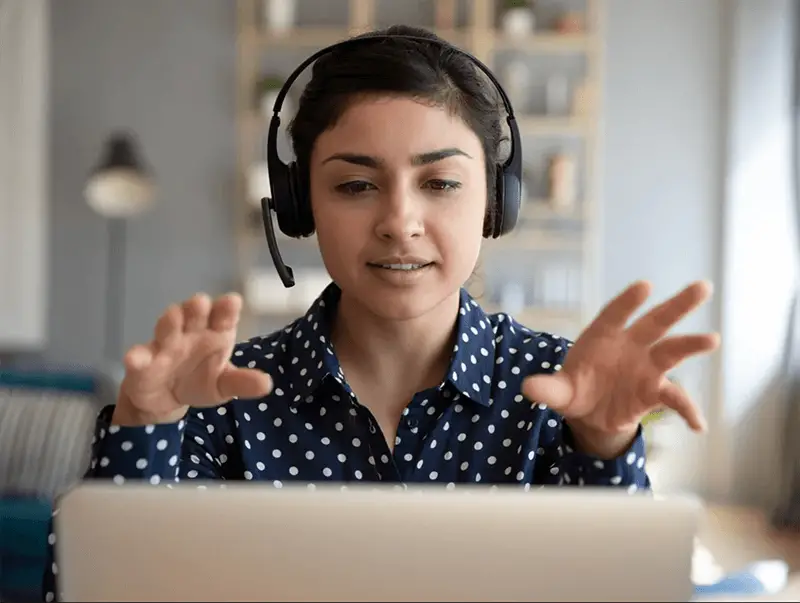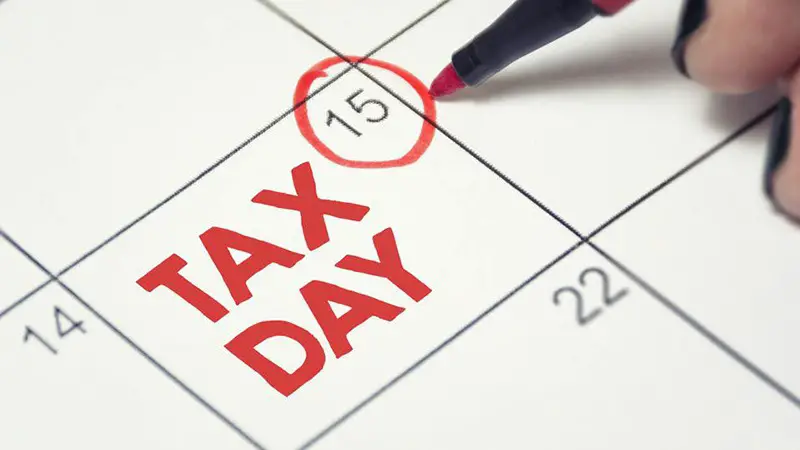Whether you are starting your first job at a school, opening your own studio, or teaching online, there are many things to prepare before your first day of teaching. When working with kids, you always need to prepare for the unexpected. It’s best to be as prepared as possible so that you can focus on the music instead of the admin.
Follow this checklist to make your first day as stress-free as possible.
Contents
Tools and Gadgets
Everyone loves a useful gadget! Although music teaching can be done low-tech, there are several apps and tools that can help make your day more organized and more manageable.
Trello
If you’re a freelance teacher, you’re probably traveling across the city three or four times a day and juggling multiple students, all of whom have different priorities. Trello is a fantastic organizational app and website that will help you keep track of each student. You can create deadlines, make notes of their repertoire and progress, and create checklists for each student.
The great thing about using an app is that you will always have it on you. Just don’t forget to bring your charger if you have a long day.
Trello is also great for creating a curriculum and lesson plans, keeping track of grades, and making a note of who’s who in your school.
Music Reading Apps
All musicians know the pain of carrying 25lbs worth of music plus an instrument with you everywhere. A tablet can do wonders for your back. PiaScore and FourScore are both excellently rated music readers that include built-in access to IMSLP. You can also import your own PDFs into the apps.
If you need both your hands to play while teaching, you can get a Bluetooth page turning pedal. Especially for voice teachers who accompany their singers, these are a life-saver.
The tablets also come in handy when your student forgets their music.

Zoom and an External Microphone
In 2020, many music teachers have had to move their lessons online. An external microphone can significantly increase the quality of your sound. Although not necessary, it can help your students hear you more clearly.
Many schools are requiring teachers to teach through the Zoom app. Make sure you’re familiar with the app and the best settings before your first day. Try testing it out with a friend beforehand to minimize any disruptions.
Paperwork
Teaching in a school often comes with mounds of paperwork. Use your organizer app to make you don’t miss any filing deadlines and you’ve signed all the things.
Self-employed teachers should prepare:
- An invoice template
- A basic contract
- Sheet music
School teachers should prepare:
- Lesson plans
- Year-long concert plans
- Hall passes
- Attendance sheets
- Gradebook
Check with your school a few weeks before you start if they require any specific paperwork, like a copy of your ID card. You don’t want to be caught off guard on your first day.
People
Starting a new job means learning a lot of new faces quickly. It can become overwhelming if you’re a peri-teacher, traveling between three or four schools every week.
Either on your phone or in printed form, make a sheet that includes the name, role, and picture of the important people at all your schools. Include:
- Your principal
- Assistant principal
- Guidance counselor
- The other music teachers
- Your union representative
- Admin people
- School nurse
- The librarian
- Any aides
If you’re self-employed, have a paper for each student that includes their level, age, address, and parents’ names. As you learn more about each student, add to their information sheet. Remembering a student’s birthday or their dog’s name will help you improve your relationship.
Admin
Freelance and full-time music teachers have to deal with an overwhelming amount of admin. As well as keeping track of your students’ names and addresses, you’ll need to stay on top of your taxes, prepare contracts, send invoices, and keep track of income and expenses.

Taxes
If you’re a full-time employer, your taxes won’t be too challenging. However, part-time and freelance music teachers will need to stay up-to-date with local, state, and federal tax laws.
Turbotax and QuickBooks are both excellent resources. The IRS now offers the IRS Free File Program. Take advantage of this resource if you qualify.
If you have many expenses, it might be worth working with an accountant. They can help you get the maximum number of deductions, saving you a decent chunk of money.
Contracts
Always have a signed contract! Contracts protect you and your students. You can find free contract templates online, or you can ask friends for recommendations.
Before you sign your full-time contract, read through it line by line. Don’t be afraid to ask for clarification. If it’s a long-term contract, it might be worth having a lawyer read through it.
Income and Expenses
Keep an excel spreadsheet of your income and any possible expenses for the year. You should also save receipts in clearly labeled files.
Setting up a filing system is the hardest part. I suggest filing by month. Make a quick note on the receipt, so you remember what it was for in 12 months.
First Day of School Checklist
Now that you’ve got you’re admin and paperwork ready, you just need to pack your bag. Here’s what to include for your first day.
- Pencils
- Sheet Music or tablet
- Your instrument or baton, if necessary
- Lesson plans for the day
- Copies of the curriculum
- Water bottle
- Chargers
- ID Cards for your school, if necessary
- A smart bag
- A list of important peoples names and their photos (this can be on your phone)
- A notebook




